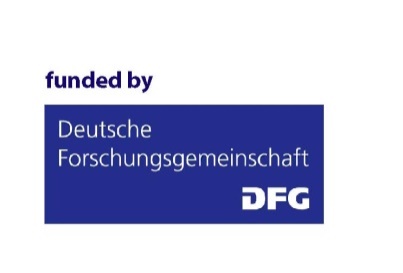In this project, we propose a visual analytics approach that enables a more holistic situation assessment based on VGI features of social media. Particularly, we will investigate how the deep integration of visual interactive schemes with automated machine learning tools can be used to create, manage, and adapt scalable ad-hoc regression models during time-critical decision-making. These models can then be used to map the observed large-scale indications to actual real-world phenomena. To enable these capabilities, we will first address the more general problems of data sparsity, location uncertainty, and real-time decay of information. New interactive approaches are required to infer the location of massive amounts of entries based on the content of messages, the network of users, and their own location history. We will adapt interaction schemes like multiple coordinated views and focus+context exploration to the realm of real-time streaming data and we will advance visualization techniques to cope with errors and to convey the uncertainty to analysts in a meaningful way. Based on these building blocks, we will establish an integrated system that allows creating holistic space-time situation representations from the extracted information. By selecting entities like incidents, messages, or movements, we can programmatically compare them to past situations and context information, and normalize the data volumes based on large-scale recorded densities. Depending on data availability, analysts will then be enabled to initiate an iterative process of creating regression models that map social media to real-world quantities, validate them based on their manual assessment, and re-configure or re-train them as needed.
Objectives:
- Integration of prototypical location estimation techniques
- Adaptation of interactive visualization techniques to real-time data and uncertainties
- Discovery of relevant information and real-time geo-social situation overview
- Interactive creation and configuration of models for projection
This research project is part of Priority Programme “Volunteered Geographic Information: Interpretation, Visualisation and Social Computing“ (SPP 1894) and is funded by German Research Foundation as Priority Programme 1894.
The main question of this Priority Programme is how visualisation methods can contribute to the utilisation of VGI and support the interaction of users involved. Research questions span from the extraction of spatial information, to the visual analysis and knowledge presentation, taking into account the social context while collecting and using VGI.



